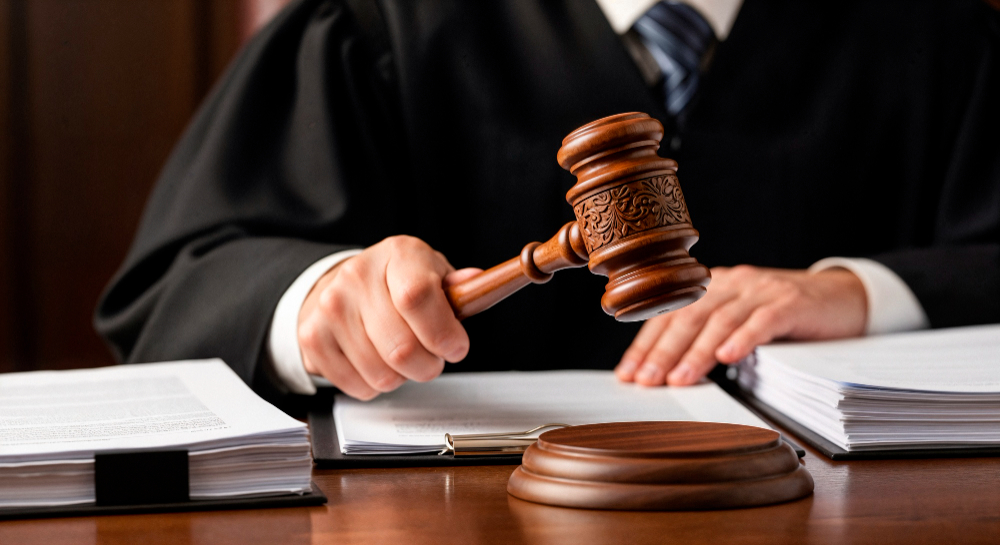ENFORCEMENT OF ARBITRATION CLAUSES IN COMMERCIAL CONTRACTS: LEGAL PRINCIPLES AND JUDICIAL APPROACH
INTRODUCTION In recent times, alternative dispute resolution methods have gained considerable traction owing to the expensive, lengthy, and oftentimes burdensome nature of traditional litigation. It is due to this very…
Disqualification from Inheritance under Hindu Laws
Introduction Hindu Laws primarily governs the affairs of Hindu’s. The term “Hindu” applies to a person born and brought up as Hindu, a convert or reconvert as well as person’s…
Corporate Social Responsibility under the Companies Act, 2013: Legal Mandate, Challenges, and Opportunities
Introduction In India, CSR has shifted from voluntary philanthropy to a legal obligation. Introduced through Section 135 of the Companies Act, 2013, it requires eligible companies to contribute to social…
Best Interest of the Child: The Key Principle in Custody Cases
Introduction Child custody disputes are some of the most sensitive and emotional issues faced by Indian courts. Unlike property disputes, custody isn’t about winning or losing; it’s about ensuring a…







